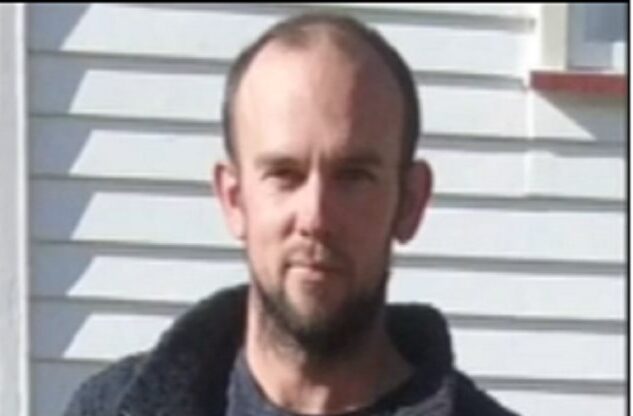|
Getting your Trinity Audio player ready...
|

The Government has released detailed terms of reference for the Public Inquiry into the disappearance of the Phillips children, confirming it will investigate whether government agencies took all practicable steps to protect the children before and during the nearly four years they were missing in the Marokopa area.
Attorney-General Judith Collins said in a statement today, the case had generated widespread public concern and raised serious questions about whether agencies acted quickly and effectively enough. She said the inquiry would determine whether the system worked as intended and what improvements were required.
“The inquiry will look into whether government agencies took all practicable steps to protect the safety and welfare of the Phillips children,” Collins said.
“It is important that we establish the facts and determine whether agencies could take steps to prevent or resolve similar situations more quickly and effectively in the future.”
The inquiry will be held in private because of the children’s vulnerability and the Family Court suppression orders that remain in place. It will not revisit or comment on judicial decisions. Former High Court judge Justice Simon Moore KC, appointed as the sole member, is required to deliver the final report by July 21, 2026.
According to the Terms of Reference, the inquiry will investigate how government agencies, including Police, Oranga Tamariki and any other relevant public agencies, interacted with the children and their father, Tom Phillips, from 2018 until the children were located on 8 September 2025. It will examine the legal options agencies had at various points, how they engaged with the Family Court, and whether more effective intervention might have prevented the children from disappearing or helped locate them sooner.
The inquiry will also assess what agencies knew about Phillips’ activities between his first disappearance with the children in September 2021 and his fatal encounter with Police in 2025, and whether that knowledge should have prompted different or additional action. Another area of focus will be whether agencies responded in an appropriate and timely manner after Phillips disappeared again in December 2021, triggering a nationwide search.
A further line of inquiry relates to how Phillips obtained and maintained a firearms licence, weapons and ammunition during the years he was missing, although the inquiry will not examine wider firearms licensing policy or legislative settings.
The Government notes the case was ‘exceptional’, with sightings of Phillips and the children over several years indicating they likely remained in the Marokopa area and that risks to the children persisted throughout their disappearance.
There are also strict limits on what the inquiry may consider. It will not examine government agency involvement after the children were found on 8 September 2025, nor will it revisit any Family Court decisions, including suppression orders or rulings on the release of judgments. It is also barred from determining civil, criminal or disciplinary liability, though it may make findings of fault or recommend further steps where appropriate.
Justice Moore will conduct the inquiry privately, reviewing documentation from agencies and obtaining evidence from officials and other relevant witnesses. If required, he may seek overseas or expert evidence remotely, without travelling. Access to Inquiry material may be restricted to protect the children’s privacy, maintain suppression orders, avoid prejudicing court proceedings or law enforcement operations, or for other compelling reasons.
The inquiry may draw on relevant findings from other investigations, including any Independent Police Conduct Authority reports, though it will not be bound by them.
In its final report, the inquiry must determine whether agencies took all practicable steps to protect the children, whether they engaged appropriately with the Family Court, and whether they acted reasonably to find and recover the children. It must also recommend any changes to legislation, policy, powers or practices that could prevent similar situations or improve agency responses in future.





